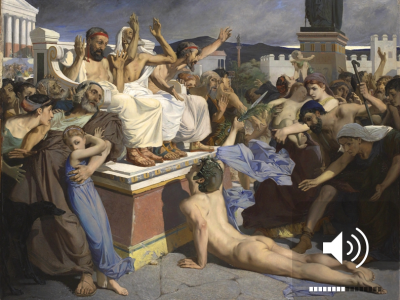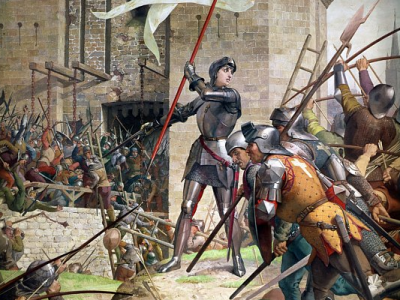ALEX LIM
Ettore Bugatti was the creator of Bugatti company and was an expert on every part of a car. Though he lived a short life he did many exciting things during that short life: he would design and make cars, enter and win races and much more! Ettore created some of the finest cars between 1907-1947; for example the Bugatti type 29, type 41 royale: and the Veyron, which were all great cars. He lived from September 15, 1881 to August 21, 1947.





